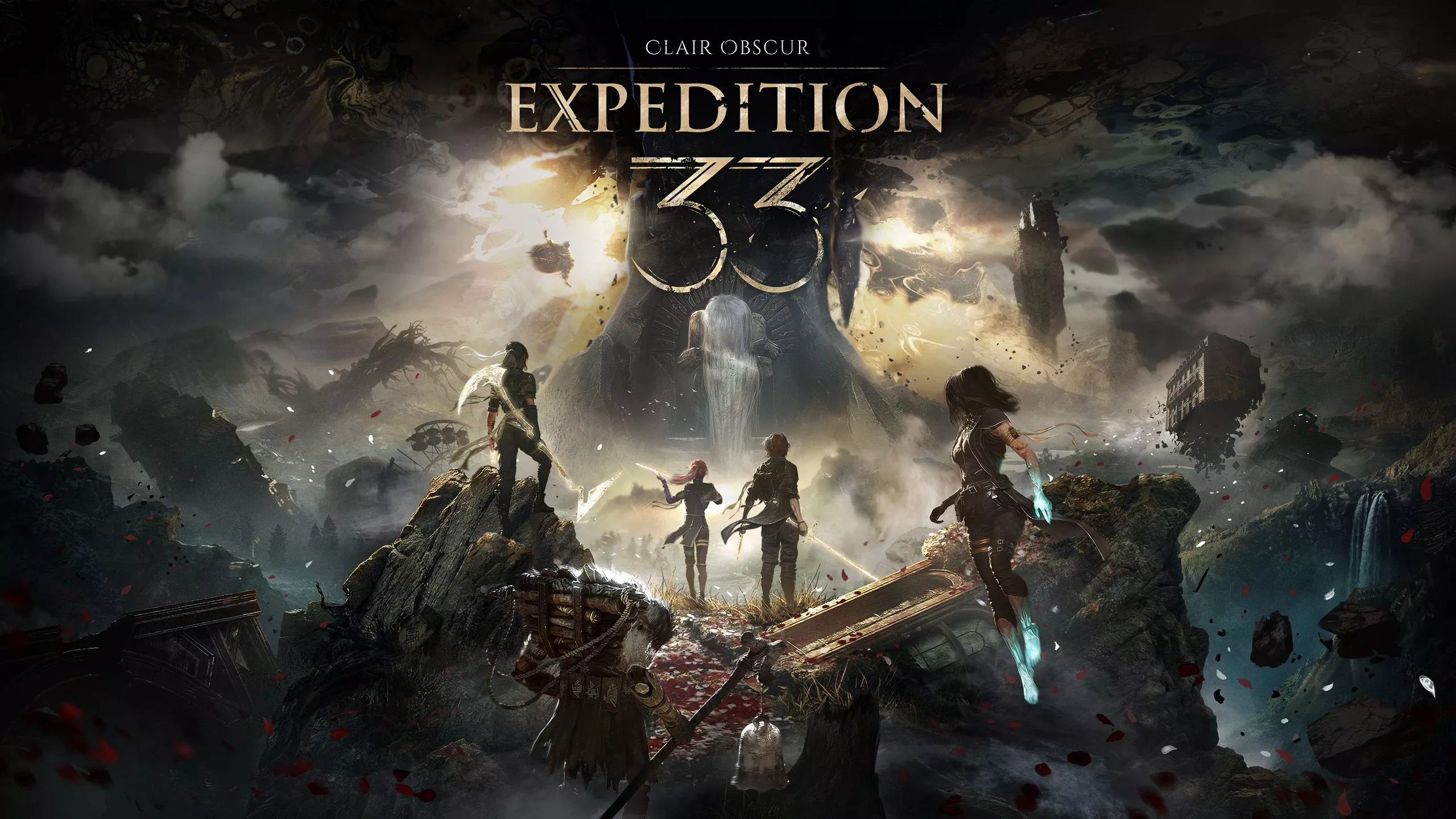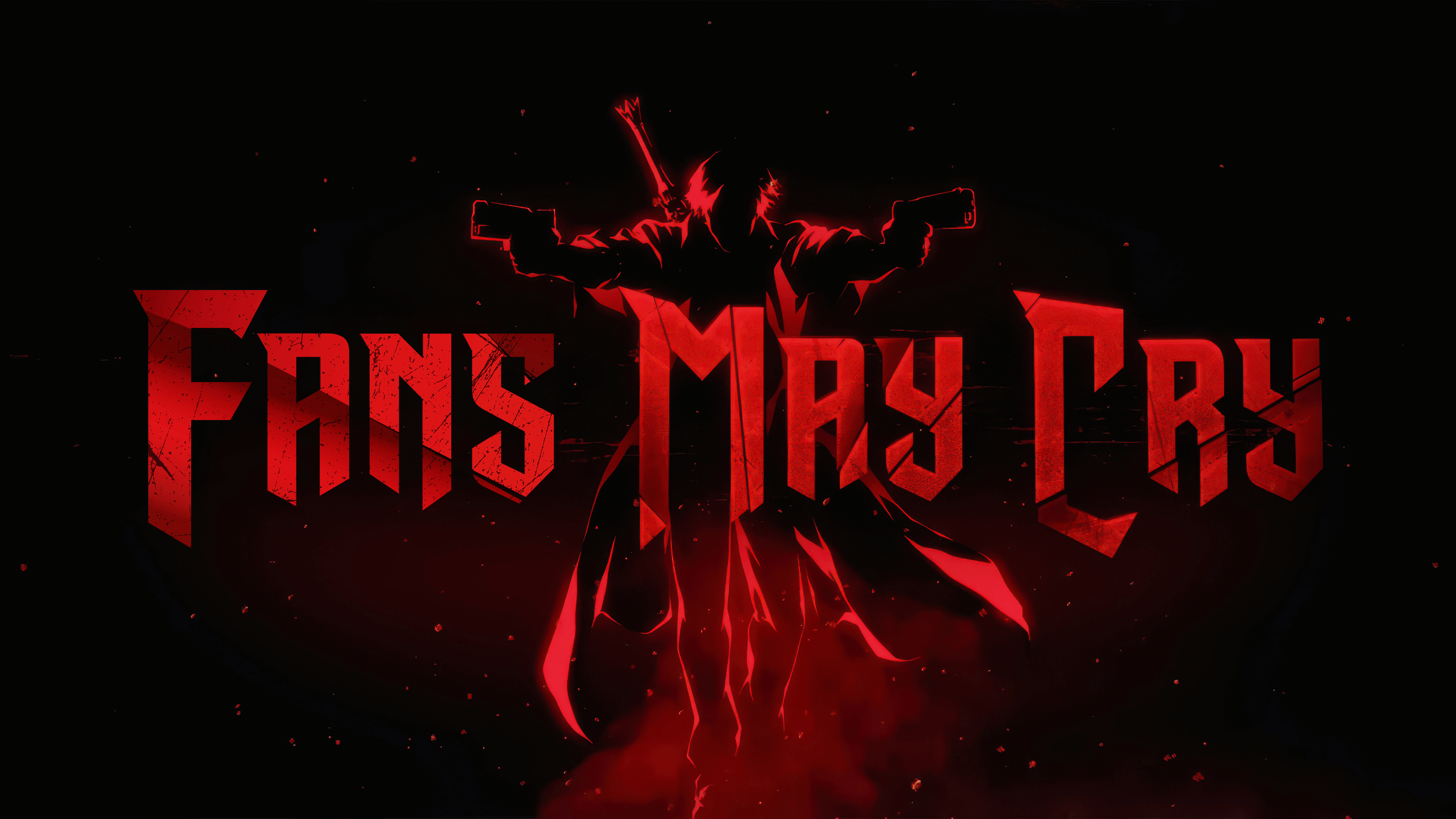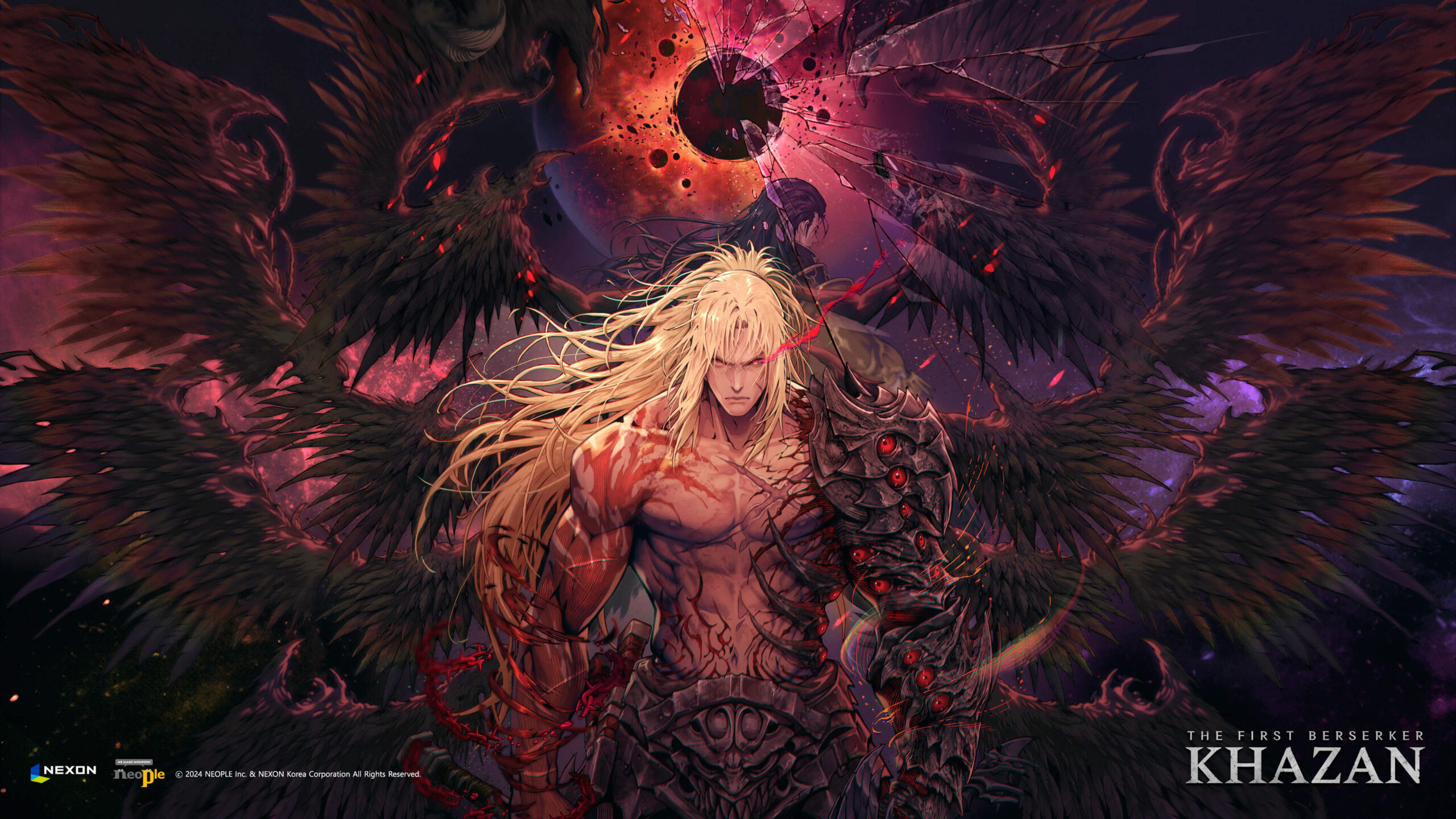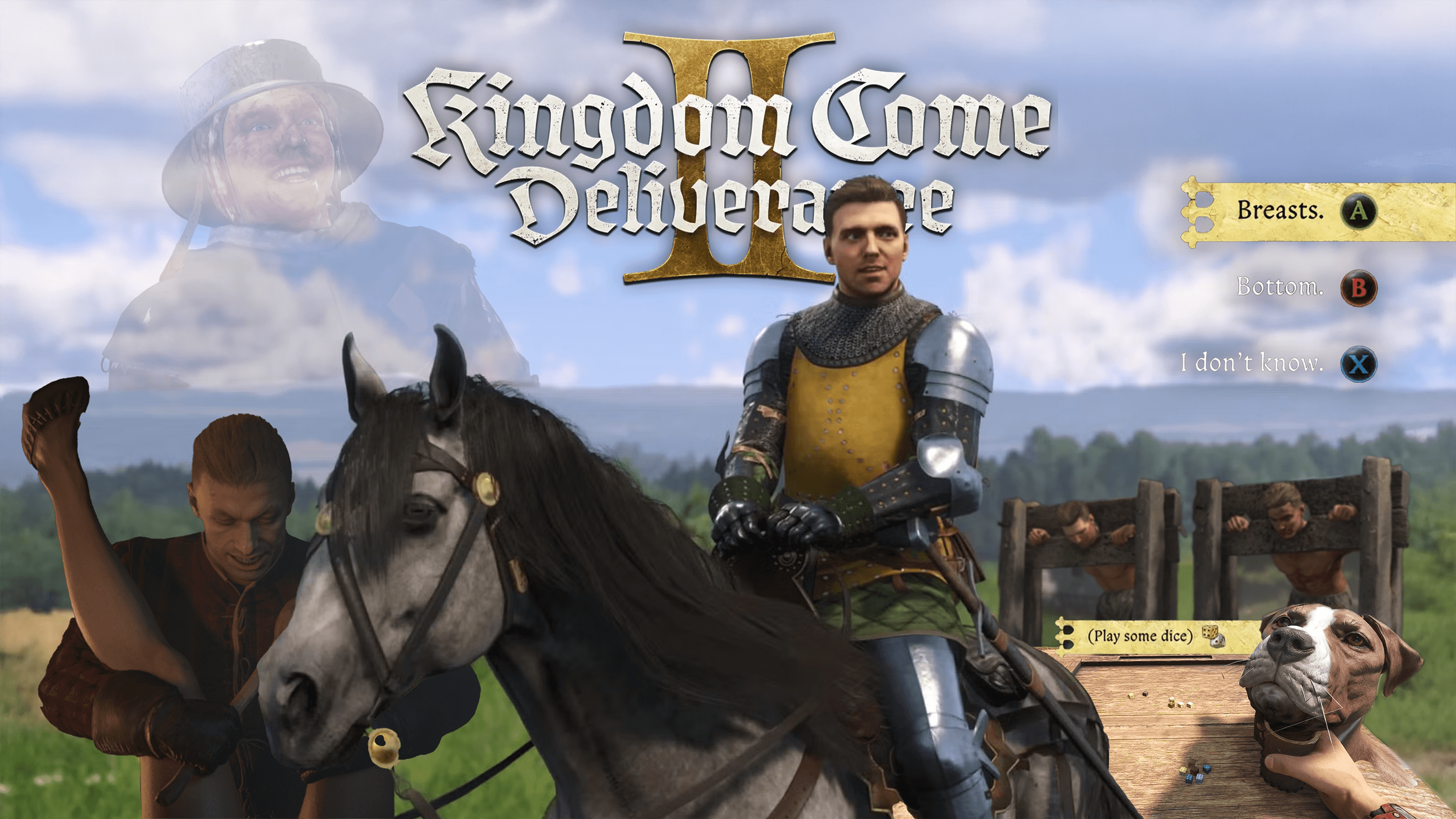If you’ve been playing videogames for a long time, you’re probably at the stage where its really hard to surprise you. Most of the time, you know what you’re getting into just by looking at the trailer. “More of the same” becomes the norm, mediocrity is the default state for the industry, until something remarkable comes along. You might have already guessed which basket this game falls into.
One of the best stories written
As is. From the first cutscene, to the point of credits rolling (and beyond), this game is so masterfully written to the point it should be studied. Every scene, every line, every journal entry keeps you interested in consuming every bit there is about this world, it’s characters, and lore.
I always say we don’t get “adult” stories in games very often. Even the “dark” games usually just get limited to either being gory or needlessly sexual, and it’s not deep or complicated, it doesn’t make you think, and surely enough it doesn’t make you feel. What happened to real human emotion in gaming? How come with all the resources we can’t have mature, deep stories about the complexities of our existence?

Our tale is of human society facing imminent extinction at the hands of a godlike entity that paints a number on a giant monolith every year on the same day. Each year, the number descends by one, and every person of that age evaporates into smoke and flower petals.
For the first notes the characters awe you with their complexity. A story of a community where orphans raise each other, some adults accepted their death at 33, each cope however they can with a reality they cannot change, some dream of breaking the vicious cycle they have been stuck at for generations.
The latter are Expeditioners, a group of volunteers usually consisting of those who have less than a year to live. Once a year, they embark on a journey to the Continent, from which their island-city of Lumiere broke off during the cataclysmic event they call the Shattering that set everything in motion.

I’ll continue talking about the narrative with spoilers included later in the review. If you haven’t finished the game yet, don’t scroll past the spoiler warning.
The world building is just on another level.
I really can’t put my finger on what makes it so. Every second spend in this world is filled with unparalleled sense of adventure, it feels like I am actually exploring places humanity haven’t set foot in for a very long time, and it’s very hard to explain untill you feel it yourself.

On the occasion you do come upon a territory previously traversed by other expeditions, it feels like following clues left in their footsteps, which is very fitting in terms of the story, and you’re eager to learn about each expedition trough their journals and see exactly what they went through during their mission and what you can learn from their mistakes.
Absolute Cinema
The acting (and mocap) are on another level. Not very surprising considering the cast, but still. No less is expected from Ben Starr or Jennifer English at this point, and I was pleasantly surprised to see newcomers (to my knowledge) to acting in a videogame in the face of Charlie Cox and Andy Serkis who, of course, played their parts masterfully.
Cutscenes are masterfully directed, and surprisingly never get boring, which is a common issue in games which are heavy on the cutscenes. I would prefer, however an option to automatically advance dialogue instead of me pressing a button at the end of every sentence.

The music is unrivaled
Lorien Testard, the composer behind the OST, who was found by the game director on Soundcloud, somehow created one of the best soundtracks in video game history, and I’m not just talking about the quality of the compositions. EVERYTHING in the game has a soundtrack, 99% of the play time some masterpiece is playing in the background, it’s absolutely insane. There’s like 8 hours of it, and I’ve listened to it in my own free time for fun, it’s just that good. If anything, the specific scenes that completely lack music in the background are only amplified dramatically because of it.
Let's talk gameplay
I don’t like JRPGs. Turn based games are fine, but Final Fantasy-likes are not for me. I don’t want to concern myself with damage types for specific enemies, crunch stats trough a scientific calculator only to get hit in the face every single turn anyways, so the game just becomes a slap fight to see who drops first.
This game, however, doesn’t play like a JRPG. Most of the time playing I felt right at home, as if I was playing Sekiro or Lies of P, not just thanks to an active and satisfying parry system, but even due to the similar level design, bonfires, and respawning enemies. And whole it’s not quite Miyazaki level, it felt quite similar to the two God of War (modern reboot) games.

The RPG elements are very minimal, dialogues don’t significantly impact the story apart from the ending, and even though I’m sure there’s quite a ways in terms of build variety for JRPG fans, I pretty much just stuck to a parry focused build for most of my characters and had all the fun I need, which is appreciated.
The Lumina system is cool, letting you experiment with different builds on the fly, though I would appreciate to have a couple “profiles” for builds for the characters so I wouldn’t need to swap dozens of Luminas back and forth when trying things out, and perhaps for the overall UI on the screen to be less messy, especially when you have like a hundred Luminas towards the end of the game.

A+, however, for all the character designs gameplay wise, each having a different playstyle and their own “gimmics”, options of supporting each other and themselves in battle, never making you feel underpowered for not playing a certain “OP” character even in the brutal endgame. Even having a solo party of just one character feels like a viable way to play the game.
More than just a great game
Expedition 33 is not just a masterpiece, it’s a lesson that the gaming industry is unlikely to learn. Im an age where most games we play fall of the soulless corporate conveyor belt, the outliers aren’t studied, they’re just being framed as an exception of the rule, because most AAA giants can’t make videogames with a soul.

I’m not saying they won’t try to recreate the success, quite the contrary – I foresee a surge of Clair-Obscure-likes a year or two from now. But just like with other masterpieces that define generations, it will be nothing but a cheap imitation. With a single game, Sandfall joined the likes of FromSoftware, Supergiant Games, CDPR and others who prove that’s it’s not about the budget, it’s about soul.
Story spoilers incoming, skip to the very end for the final verdict.
Our story begins far away from Lumiere – and actually, before its existence entirely. The Dessandre family of mystical painters, who are able to bring their painting to life withing their canvas, are at war with another fraction called The Writers, the origin or scale of the conflict kept secret from us.
And like every story, this one too has a turning point. Alicia, the youngest of the three children is tricked by the Writers in a way that is not explained to us, but leads to a fire raging on the home of the Dessandre family, from which Verso, the middle child, saves her by sacrificing himself.
This event is what shakes everyone in the family, setting all the future events of the game in motion.
Aline - a painting of Grief
Aline, the matriarch of the family, is consumed by grief. Unable to cope with her loss, she enters the canvas contains a fantastical world created by her dead son when he was little. As she finds solace in her make-belief existence far away from the real problems, she re-paints her family, including Verso, to be with her in the canvas. She also creates Lumiere, a city full of people where they can live, completely forgetting her real life over time, lost in illusions that her family is whole and with her.
Renoir - a painting of Control
Renoir, the father of the family, and he deals with Verso’s death much differently from Aline. His goal is to keep his family together at all costs. He cannot afford to lose anyone else. That being said, Aline slowly losing her sanity in a make belief fantasy directly contradicts all of that, so he goes into the canvas after her. Understanding that she will never deal with reality as long as the canvas exists, he decides that the only option left, however painful, is to destroy it forever.
The Shattering - a painting of Conflict

The clash of opinions between two practically Gods inside this painting is what will later be known by the people of Lumiere as The Shattering. A cataclysmic event that will figuratively and literally tear their world apart, setting events in motion that will change everything. As revealed to the player in the end of Act 2, Aline (known by the people of Lumiere as the Paintress is not destroying their world, Renoir does. And while Aline’s power slowly fades against Renoir (helped by Clea), all she can do is delay the inevitable by painting a warning as a number on the Monolith.
Clea - a painting of Revenge
Speaking of Clea, she’s really not present in our story much, and that’s no mistake. Just like Aline and Renoir, she grieves in her own way, and her way is outside the canvas. As per her own words, she’s fighting a war out there, not in make belief worlds. Apart from helping her father out by painting the Nevrons – monsters that kill expeditioners sailing to the continent and consuming their chroma – the essence used by the painters to create life inside their paintings – thus depriving Aline of resources slowly draining her power to protect the canvass. Don’t be confused – the conflict between her parents doesn’t interest her much. She does this in a cold and calculated way to bring them back to the real world to fight the war. Outside.
Verso - a painting of Secrecy
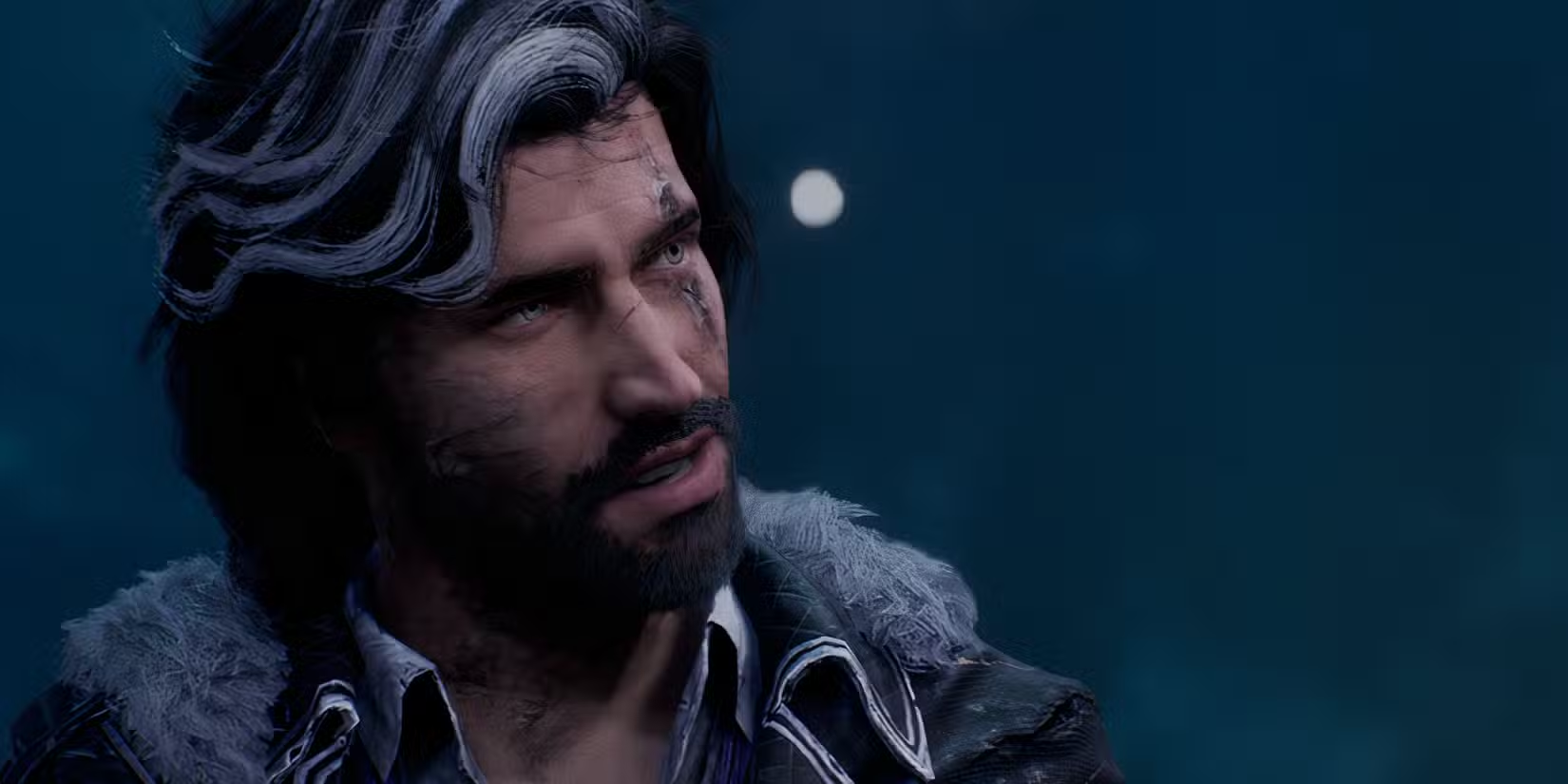
Let’s quickly touch on Verso (the real one) before getting to Alicia. Not much is known about the real Verso except for the faint remnants of his soul in the canvas and the memories of his family. And no, I don’t think it is fair to talk about the real Verso based on the one painted by Aline. Her painted family is clearly different from her real one. All of them are more of what Aline wanted them to be rather than what they were, even for the similarities they do share.
Throughout the game, Verso is described as one who doesn’t really fit in his family. Choosing music over painting, harboring secrets from his parents and an older sister. The Mask Keeper Axon, (who, like all the Axons, is was painted by Renoir to symbolize his family members) is painted to reflect Verso.
As to the painted Verso, if anything, this is one of the traits that was passed to him directly, as seen throughout the whole game, he keeps his cards close to his chest, even in the very last scene.
Alicia - a painting of Pain
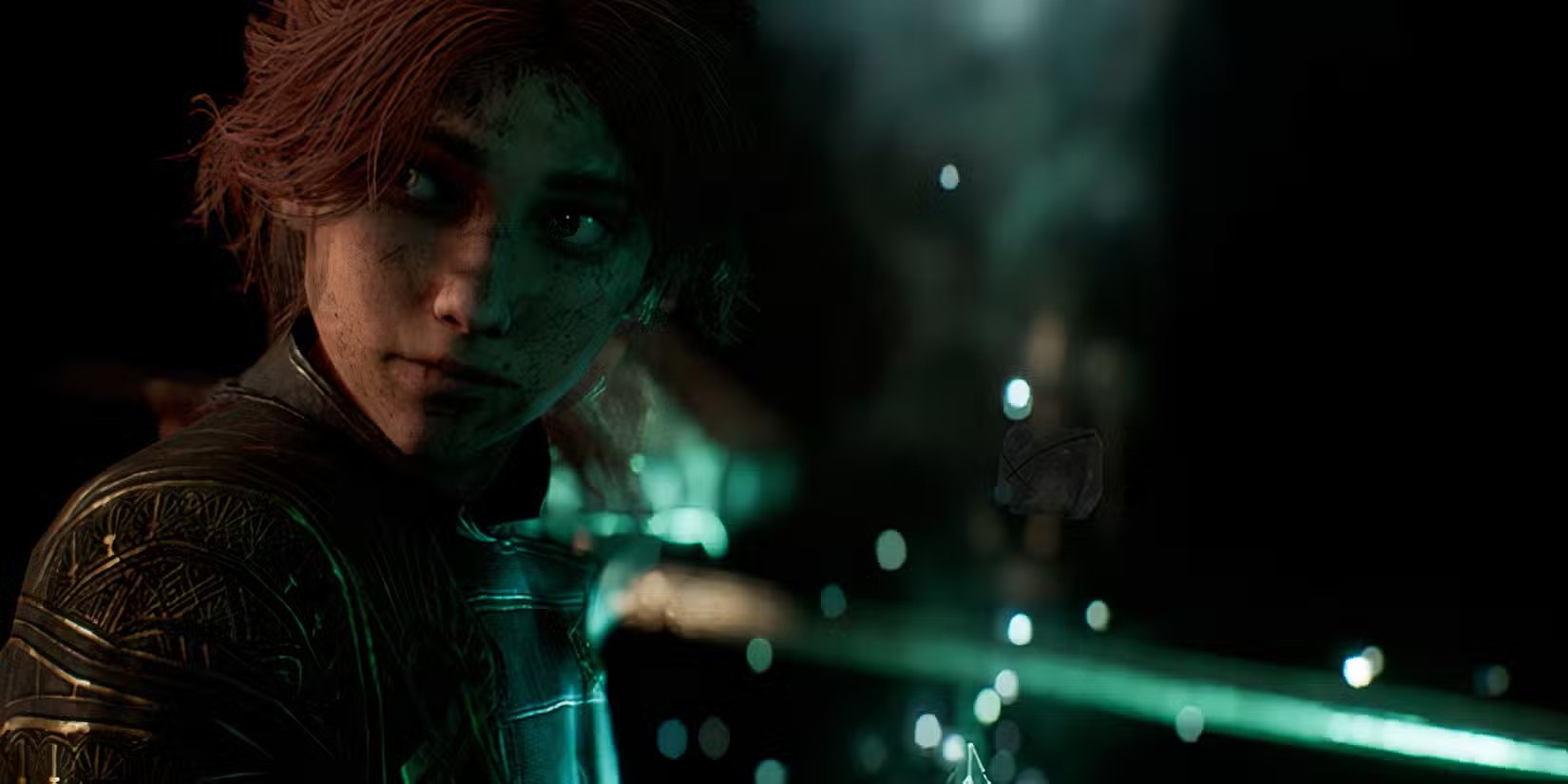
Finally, let’s talk about Alicia. Youngest of the three children, she seems to be treated especially harsh by her mother, who was not exactly a warm and loving figure even to the other kids. She spends most of her time alone in her room reading – only left for us to deduce that perhaps the mysterious Writers have the ability to influence reality trough writing as the Dessandre family trough painting (?) – and was tricked into events that would set the family manor on fire.
Having to live with the knowledge that her brother sacrificed himself to save her despite the fire being her fault, it is also said that she is constantly being blamed for it by Aline (and I imagine Clea too), and that is not even including the fact that the fire left her terribly disfigured, half blind, and unable to speak. We can only imagine the physical and emotional pain she is left in at this point.
Left in the care of Clea while her parents are fighting inside the canvas, she is instructed by her older sister to go in and tip the scales in Renoir’s favor to get the both out, but in unable to control the chroma and instead, is reborn in Lumiere as Maelle, and doesn’t remember anything until much later.
There are is no "good" ending, and that's expected.
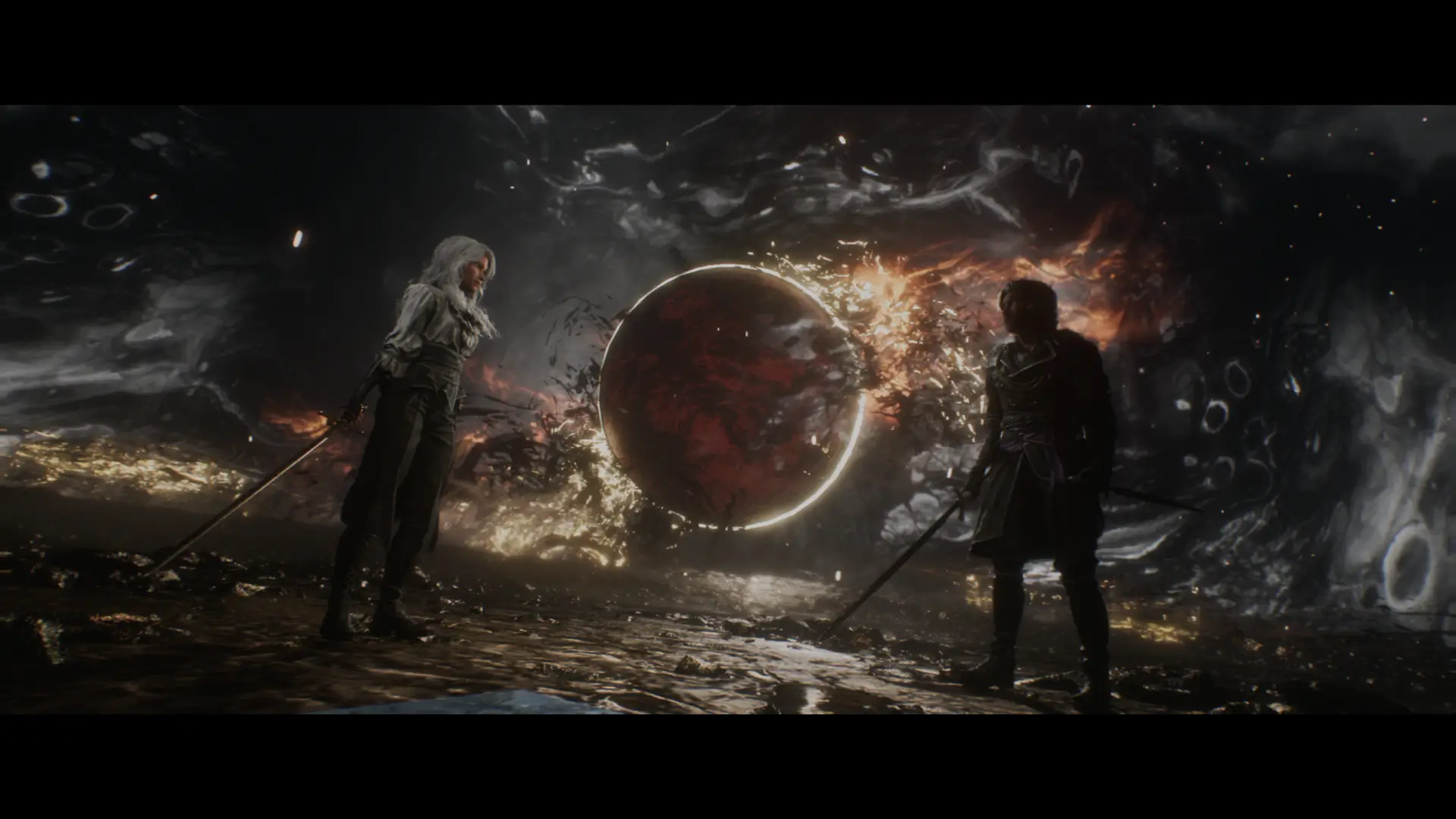
Skipping to the end, both Aline and Renoir forced outside the painting, but conflict is far from over. As expected, Alicia doesn’t want to leave the canvas, and Verso had one more secret up his sleeve.
Alicia loathes the idea of going back to the real world, where her life is pure pain. She is disfigured, half blind, can’t speak, and is reminded daily that she is the source of everyone’s misfortune. Perhaps she doesn’t care about the repercussions of staying in the canvas for too long, perhaps she in her youthful confidence thinks she will not fall victim to it. Regardless of her reasons, she might be the only “real” human here, but she herself has seen how many sentient souls this canvas contains.
Alicia loathes the idea of going back to the real world, where her life is pure pain. She is disfigured, half blind, can’t speak, and is reminded daily that she is the source of everyone’s misfortune. Perhaps she doesn’t care aVerso, on the contrary, wants to destroy the canvas. He knows he is not real, and he is tired being a puppet that is made to represent Aline’s lost son. He probably sees Alicia’s interests as childish and selfish, but perhaps he’s even grown to genuinely care for her as a person, and doesn’t want her to lose herself in the canvas. bout the repercussions of staying in the canvas for too long, perhaps she in her youthful confidence thinks she will not fall victim to it. Regardless of her reasons, she might be the only “real” human here, but she herself has seen how many sentient souls this canvas contains.
I actually prefer Verso’s ending. Maybe it depends on your personal ideas of what is “right”, but I’d rather make Alicia deal with her real problems instead of repeating her mother’s mistakes. And I’m the other ending, we actually see her get consumed by the canvas with all her Lumiere friends, including Gustave and Sofie. Regardless of what your take on them being “real” and sentient, I’d like to think it’s not what Gustave would have wanted for her.
As much as I’d like for the canvas not get destroyed for the sake of the people of Lumiere – Renoir is right, the temptation is just too great for Aline and Alicia. And I would much rather the Dessandre family to use their powers for something other than self destructive grief, if that is even possible.
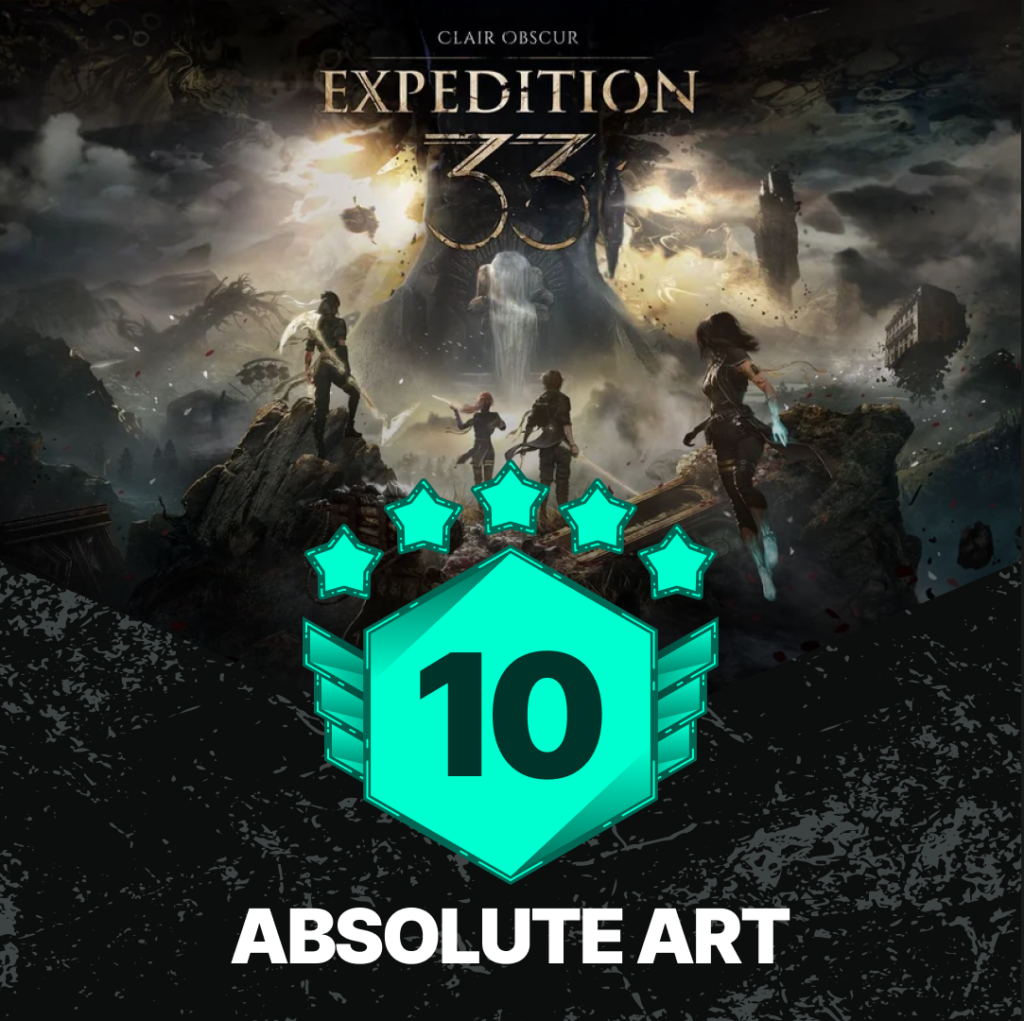
Clair Obscur: Expedition 33 Review
It is not often that we are blessed with a game made with so much talent and passion, just pure love for the medium, and a goal of telling a great story. Easily one of the best games I ever played.

